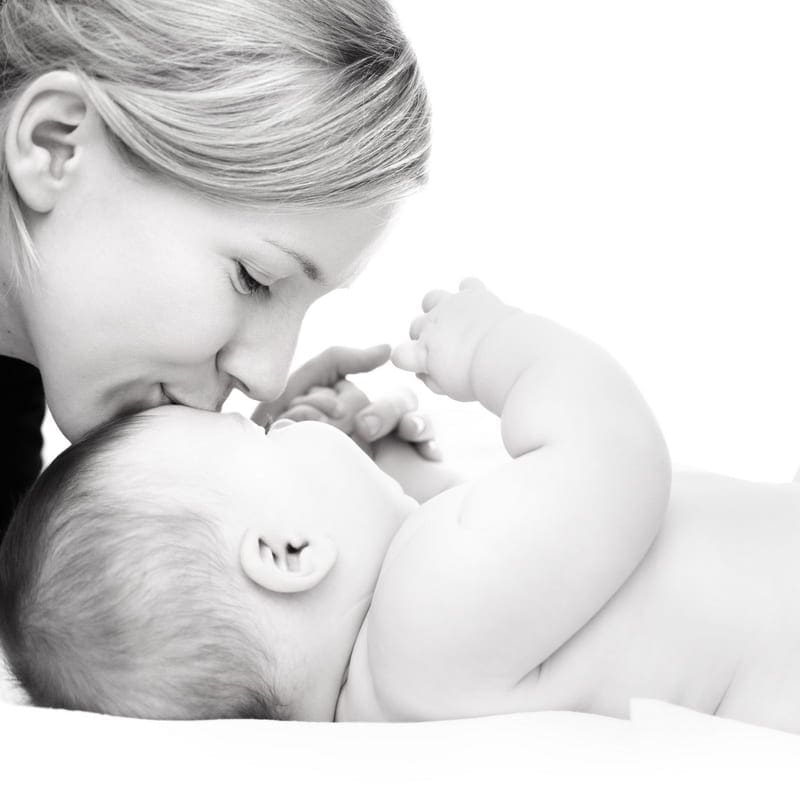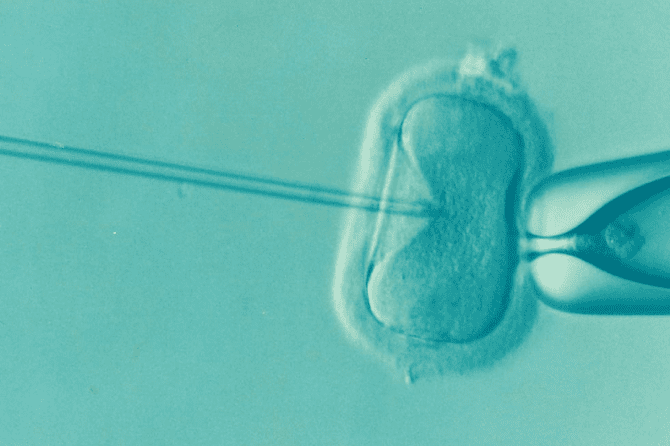Hippocrates, a Greek physician, once said, “Let food be thy medicine and let medicine be thy food.” This quote is just as relevant today for those seeking to maintain good health as it was in ancient times and even more so for pregnant women. As with any other stage of one’s life, diet and nutrition play an important role on the wellness of you and your baby.
We live in a world that is swamped with too many unhealthy food choices. The harsh reality is that the majority of these foods are going to have detrimental consequences further down the line.
Processed, junk and genetically modified foods are destroying our health. People are suffering from obesity, which can be a result of eating these types of foods constantly. We know it’s daunting to change your diet to eat clean as an adult but you can start by removing your daily toxic intake in the form of processed food that is loaded with chemicals and preservatives.
While you don’t have to completely overhaul your diet overnight, you’re not really off the hook because preventing gestational diabetes is just as important. A healthy diet can also help make sure your baby grows up to be tall and strong. With that said, eating well doesn’t only benefit the health of you and your unborn child – in the long run a healthier you means there’s less of chance that your child will end up overweight.
How many calories should I consume?
Many women wonder this. They fear they might consume too many calories, which could cause them to gain extra weight. Ironically, they also feel sudden cravings for specific foods seemingly out of nowhere that can be difficult to resist even though they are already concerned about their weight!
The first thing you should note: It’s vital that one not obsess over the number of calories consumed when pregnant, especially within the first trimester. Also important is setting aside those who choose to dwell on total calorie intake instead of making sure they’re eating the right kinds of food. When it comes down to it, food choices are typically much more important than kind of calories or their amount when it comes to raising a healthy child and also keeping a healthy pregnancy going for as long as possible!
If you aren’t consuming the right amounts of food, there is a great chance that your birth weight and fetal development will suffer. It’s necessary to consume healthy amounts of food on a daily basis in order to ensure proper health for your fellow human!
A warning though – Consuming too many calories can be a problem for you whether you’re pregnant or not. If you do, it will slow down your metabolism and start converting the extra energy into fat around your hips and abdomen. Ultimately, this may contribute to premature aging, heart disease and diabetes or hypertension, an early labor during childbirth or even pre-eclampsia if combined with being overweight.
You can find this out at http://www.freedieting.com/tools/calorie_calculator.htm
Now we’ll look at the dangerous pregnancy diet that you absolutely must avoid during this time. While it may seem like you’re just eating for yourself, you’re also eating to grow another little life inside of you and as such, it’s even more important to eat right because another life depends and is affected by your food choices which is something you probably wouldn’t be doing if you weren’t pregnant. Yup…the pressure is on!
Foods You Must Eat
NUTRITION Fit folks like to say that “calories are not created equal.” This means, eat 300 calories of different foods and you could have different results. For example, 2 apples & 2 bananas a day (300 calories) provides very different health benefits than if you ate 2 scoops of ice cream made up of 300 calories of sugar, fat & dairy.
Would the benefits be the same? Guess which one is going to be better for your baby?
1. Eat whole foods
Whole foods, like broccoli and bananas are naturally lower in fat than processed or refined foods. When you see these kind of whole ingredients, it means that they are naturally nutritious.
Many people are unaware of the process that goes into making a loaf of bread, especially white bread. First, wheat flour is bleached chemically to achieve the desirable “pure” white color instead of having maintaining the naturally warm yellow hue. Safe food experts agree that it is better to avoid white bread and other processed foods because they fail to list all the chemicals that are being added to these foods.
2. Eat fruits and veggies
Consistency is crucial for long-term success. We all know that fruits and vegetables are packed with vital nutrients that can help our bodies run like finely-tuned machines. However, it’s easy to lose focus on getting the right amount of vitamins and minerals in our system to benefit from them – especially if you’re used to eating junk food like chips, chocolate bars, and soda every day!
3. Make sure you’re only eating good carbs
It’s a fact that most of us avoid carbs at all costs; but what we don’t know is that our bodies need to consume carbs every so often. Carbs are one of the main sources of energy for your brain during pregnancy. This can also be said for after the baby is born. Having enough carbs in your daily diet will make it easier for you to maintain your required energy levels and you’ll find yourself less tired when it is time to take care of your newborn baby.
4. Eat enough protein
Lean proteins are the staple of any good diet. Lean cuts of protein should be chosen from areas such as lean meats, eggs, beef and beans. Once again, you must remember to avoid multi-ingredient products and stick to looking for single-ingredient products that help you achieve your daily protein requirements. To illustrate this point – a few lean chicken breasts are okay, but a chicken nugget is not okay because it isn’t a single ingredient product (chicken + breading = NOT single ingredient). A slab of trimmed steak is good to eat but only one or two sausages at once are not!
5. Try and keep it organic if possible.
While this can be a little costly, it is very beneficial. For example, you could eat organic during your pregnancy if your budget allows for it and this will keep you away from being exposed to pesticides or synthetic fertilizers.
Some of the best organic fruits and vegetables are apples, bell peppers, celery, cherries, grapes, nectarines, peaches, pears, raspberries, spinach and strawberries. Whenever you can buy these organically grown. How do you find out if your produce was grown organically or not? You can use this list to help you choose the right fruit and veggies to buy!
6. Eat the right kind of fat
Extra virgin olive oil and virgin coconut oil are both great sources of healthy fats that you can enjoy. But don’t be fooled! The extra virgin olive oil is the better of the two, as compared with the coconut oil, which also contains unsaturated fatty acids.











